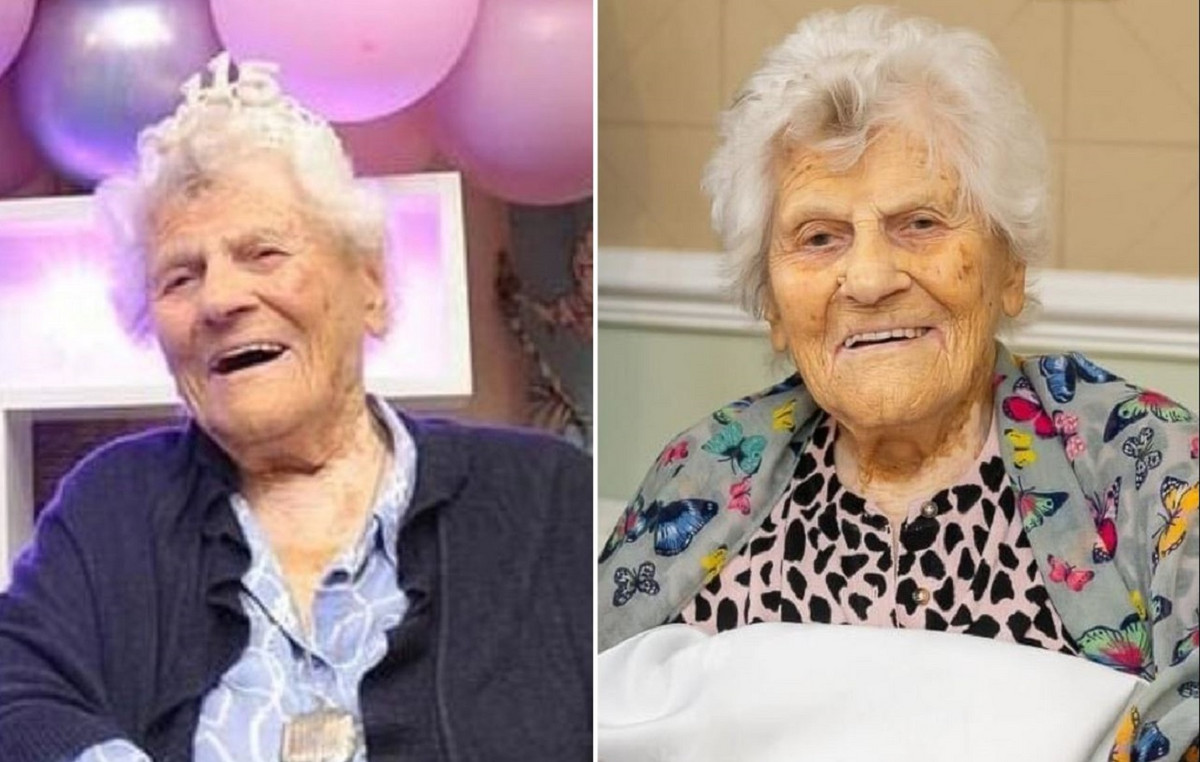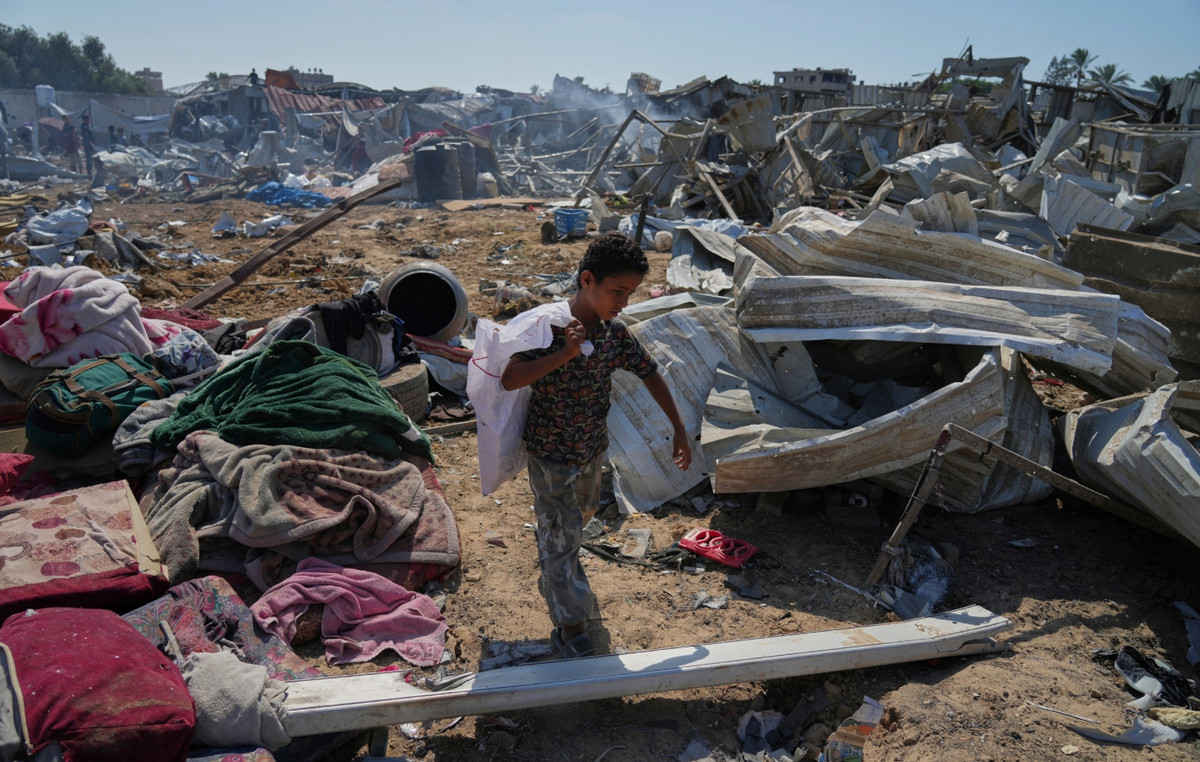Russia’s attack on Ukraine sent shockwaves across the world, and many people are feeling stress, anxiety and fear.
There is melancholy at seeing those in Ukraine suffering from the violence, uncertainty about what is to come, helplessness at seeing events unfold and even trauma from devastating images coming from the region, psychologists say.
The feelings of people around the world watching conflict may pale in comparison to the pain of those inside it, but that doesn’t mean it’s not worth caring for those feelings, Wendy Rice, a psychologist in Tampa, Florida, told us. U.S.
“You’re not going to do yourself or anyone else any good if you’re too consumed,” Rice said.
There are many valid reasons why an international crisis could be hitting you, said Chloe Carmichael, a New York-based therapist and author of “Nervous Energy: Harness the Power of Your Anxiety.” Fortunately, there are also many things you can do to help resolve them.
low emotional reserves
This conflict comes on the heels of another international trauma: the Covid-19 pandemic. Whether it’s life disruptions, job loss or illness, the past two years have exposed people to many scenarios in which stress adaptation was necessary, Carmichael said.
When this happens, your body temporarily adjusts for the occasion – increasing adrenaline, decreasing sleep, and increasing energy so you can deal with the stress that comes your way.
But that can’t last long, or else your mind and body become a dead battery, she said. To many, her emotional reserves seem too low to experience another period of anxiety.
What to do
The advantage of the moment, however, is that we already know what to do, said Lee Chambers, a psychologist in the UK. The same emotional “toolkit” that got you through two years of a pandemic may be exactly what you can use when witnessing war.
See what worked for you during the pandemic to reduce stress and process your feelings, and try these anti-stress techniques now, Carmichael said.
Uncertainty
Part of the difficulty can also come from the shock of the attack, leaving many wondering what’s to come. Many had hoped that tensions would escalate and calm down, like others had in the past, and that negotiations between nations would lead to some sense of resolution, Chambers said.
“To wake up to this kind of information, there’s an expected reaction where people feel, ‘I’m not sure what the future holds.”
What to do
How you handle ambiguity may entirely depend on what works for you. Some can avoid the problem, while others feel more comforted by learning all they can and getting a three-dimensional picture of the situation, he said.
Understanding global events can be a productive way to deal with uncertainty, but if you’re glued to all the updates and can’t focus on other things, you may need to set limits on how often and how long you consume information about the world. conflict, Carmichael said.
helplessness
As much as individuals want to do something to stop the violence, there are few people outside Ukraine who can do something to directly change what happens next. This feeling of helplessness can make the tragedies we are seeing more difficult to bear, Chambers said.
What to do
This does not mean, however, that we cannot act. “Anxiety often serves a healthy purpose, which is to stimulate us to take some kind of action,” Carmichael said. “What could be exciting for you to do?”
That could mean writing to politicians, donating supplies or money to organizations aimed at helping those in Ukraine, or getting involved in local politics to support candidates you believe can make a difference, Carmichael explained.
Empathy
If you’re struggling to cope, chances are a lot of it comes from a place of empathy, Rice said.
Caring for others is a beautiful feeling, but it can also become overwhelming, and years of experience in a global pandemic can leave people in a state of compassion fatigue, she said.
What to do
It’s acceptable — important, even — to detach from the subject once in a while, Carmichael said. Go to a fun show or podcast, read a good book, or do something you love instead of burying yourself in tragedy.
It’s crucial to understand other people’s experiences, but it’s also necessary to recharge your own battery, she added.
Previous experiences
For many, the melancholy of their city being invaded isn’t an empathic imagination — it’s real. “Especially for people who have already been in terrorist attacks, to refugees from conflicts elsewhere, I think it will affect many differently.”
Especially those who have a history, heritage or family in Ukraine may be grieving knowing their home is under attack.
What to do
Watch your triggers, Carmichael said. Learn what hits you the most and be careful to limit them or be kind to yourself when you experience them, he added.
Connecting with others in your community and talking about what you’re going through is incredibly important, Rice said. Now more than ever, people affected by conflict need each other’s support, Chambers added.
There are many reasons why fighting in another country could be affecting you, and rather than downplaying them, it’s important to be aware of and prosecute them, Chambers said.
Be aware of the physical signs that events may be causing you, such as changes in appetite, stomach problems, insomnia, muscle tension and irritability, Rice said.
Don’t be afraid to lean on activities like journaling, being outdoors, talking to trusted people, and getting involved with your passions, psychologists explained.
Once you start dealing with your own reactions, you can start helping others, they added.
Source: CNN Brasil
I’m James Harper, a highly experienced and accomplished news writer for World Stock Market. I have been writing in the Politics section of the website for over five years, providing readers with up-to-date and insightful information about current events in politics. My work is widely read and respected by many industry professionals as well as laymen.







